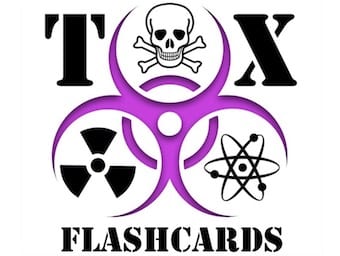
Achieving impossible heights
Messner later became the first man to climb all fourteen of the world's giant 8000-meter peaks. In 1980 he climbed Everest solo - without oxygen

Messner later became the first man to climb all fourteen of the world's giant 8000-meter peaks. In 1980 he climbed Everest solo - without oxygen

I really enjoyed drawing the Cyanide Poisoning Antidotes flashcard. I really put Travis to the test by drawing out biochemistry pathways...

Funtabulously Frivolous Friday Five 234 - Just when you thought your brain could unwind on a Friday, some medical trivia FFFF.

The stress and trauma associated with what you do is real and it affects how you perform. Jannie Geertsema chats Jellybean style about Abnormal Treatment Behaviour

Cholinergic Toxidrome was the first flashcard I created, and forever encapsulates Travis as “the guy on the toilet”

Funtabulously Frivolous Friday Five 233 - Just when you thought your brain could unwind on a Friday, some medical trivia FFFF.
Heerfordt syndrome: a rare manifestation of sarcoidosis characterized by the presence of fever, facial nerve palsy, parotid gland enlargement, anterior uveitis, and low grade fever

Anton syndrome: Visual anosognosia or Anton-Babinski syndrome is a rare neurological condition related to cortical blindness. The patients deny their blindness and affirm adamantly that they are capable of seeing.

I drew my inspiration for the Extrapyramidal Side Effects flashcard from the pop photography of Andy Warhol.

Procrastination and Neologisation met in a bar. Eponyms and retrodiction lay idle as they were enveloped by the dankness of stagnant learning, draped in the predilection of Morpheus. They begat an heir 'Odentophagia'

Funtabulously Frivolous Friday Five 232 - Just when you thought your brain could unwind on a Friday, some medical trivia FFFF.

In the flashcard we added the classic dead baby on the ceiling as seen later in the film. Lastly, while I didn’t include an antidote flashcard for Narcan (Naloxone), I would have surely drawn inspiration from Renton’s visit to Mother Superior.